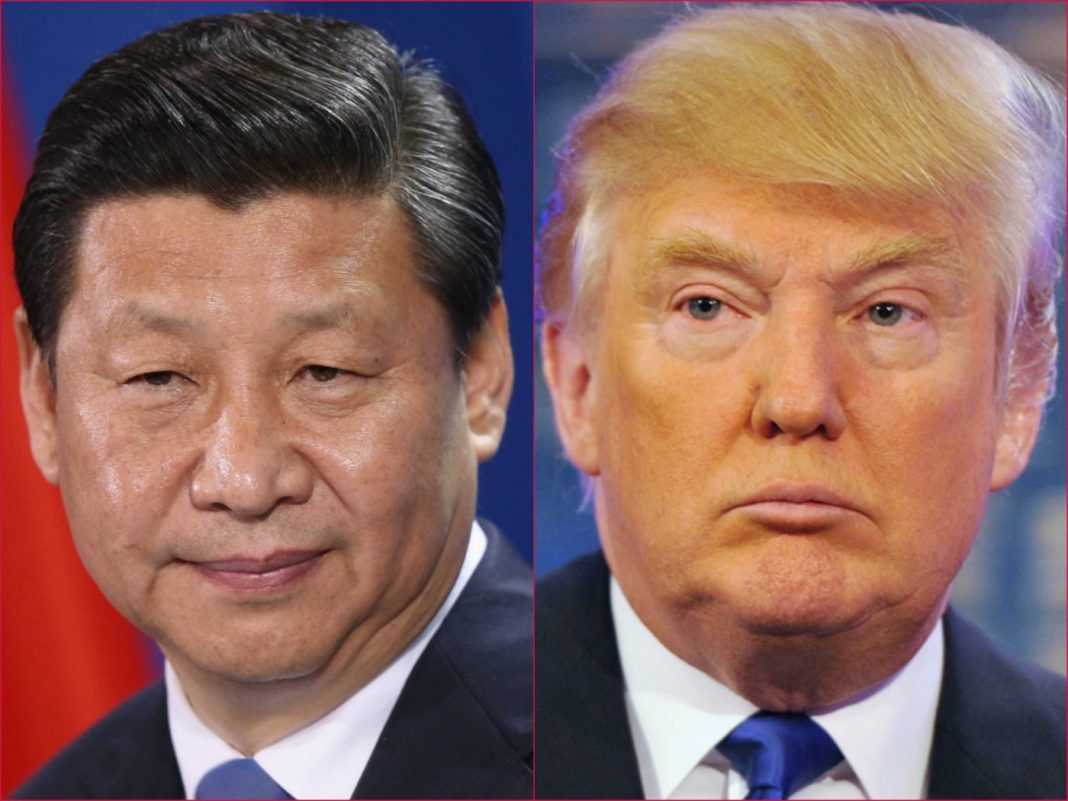LONDON, England — Senior officials from the United States and China have resumed high-stakes trade negotiations in London, aiming to stabilise a volatile economic relationship that has seen renewed tensions over critical mineral exports, high tariffs, and access to advanced technologies.
The talks, hosted at Lancaster House in central London, bring together a high-level US delegation led by Commerce Secretary Howard Lutnick, Treasury Secretary Scott Bessent, and Trade Representative Jamieson Greer, alongside Chinese Vice Premier He Lifeng and other top officials.
The meeting follows a temporary truce brokered in May during talks in Geneva.
Trade between the world’s two largest economies has been severely strained by tariffs, export controls, and geopolitical rivalry — with significant implications for global markets.
Analysts say rare earths, semiconductors, and AI-linked technologies are central to this latest round of discussions.
A key point of contention remains China’s dominance in rare earth minerals — essential components for smartphones, electric vehicles, and military applications.
According to Artemis fund manager Swetha Ramachandran, China mines 69% of the world’s rare earths.
“Some of the focus certainly seems to be on rare earths,” Ramachandran told the BBC.
“There are enough chips on the table here that could make it acceptable for both sides to walk away with desired outcomes.”
Despite a May agreement to lower tariffs — the US cut rates on Chinese goods to 30%, while China reduced levies on US imports to 10% — both sides have since accused each other of failing to honour non-tariff provisions.
Greer criticised Beijing for not lifting export restrictions on rare earth magnets, while Chinese officials said the US had violated the deal by curbing access to chip design software, cancelling student visas, and discouraging the use of Chinese-manufactured components.
China’s Ministry of Commerce said on Saturday it had approved some rare earth export licences but declined to specify destinations.
Meanwhile, President Donald Trump claimed on Friday, June 6, 2025, that Chinese President Xi Jinping had agreed to restart rare earth trade.
On Sunday, June 8, 2025, White House National Economic Council Director Kevin Hassett told CBS News that while exports had resumed, they were not at “the level we believe we agreed to in Geneva.”
The trade discussions follow a phone call between Trump and Xi last week — the first between the leaders since the trade war reignited in February.
Trump called it a “very good talk” and said it had produced “a very positive conclusion for both countries.”
However, mutual recriminations have persisted since.
Beijing has also sought to bolster ties with the UK ahead of a potential embassy construction at Royal Mint Court in London.
During a meeting with Chancellor Rachel Reeves, Vice Premier He Lifeng emphasised the need for deeper UK-China cooperation, according to Chinese state media.
The proposed embassy location has drawn scrutiny from US officials due to its proximity to key British financial infrastructure.
Meanwhile, the UK is racing to finalise a separate trade agreement with the US by 9 July to avoid higher tariffs on British steel exports.
The Organisation for Economic Co-operation and Development (OECD) has warned of wider global repercussions, revising its 2025 global growth forecast to 2.9% from 3.1%.
It cited a “significant” increase in trade barriers and predicted that “weakened economic prospects will be felt around the world, with almost no exception.”
Fresh data released on Monday, June 9, 2025, by Beijing shows that Chinese exports in May rose by 4.8% year-on-year in dollar terms, but imports dropped by 3.4% — a sharper fall than analysts had anticipated, pointing to weakening domestic demand.
As negotiators continue discussions in London, the stakes remain high for both economies and for a global market system already under pressure from protectionism, inflation, and sluggish growth.
With a 90-day window to reach a broader deal, the outcome of this round may determine whether the current trade detente holds or unravels.







